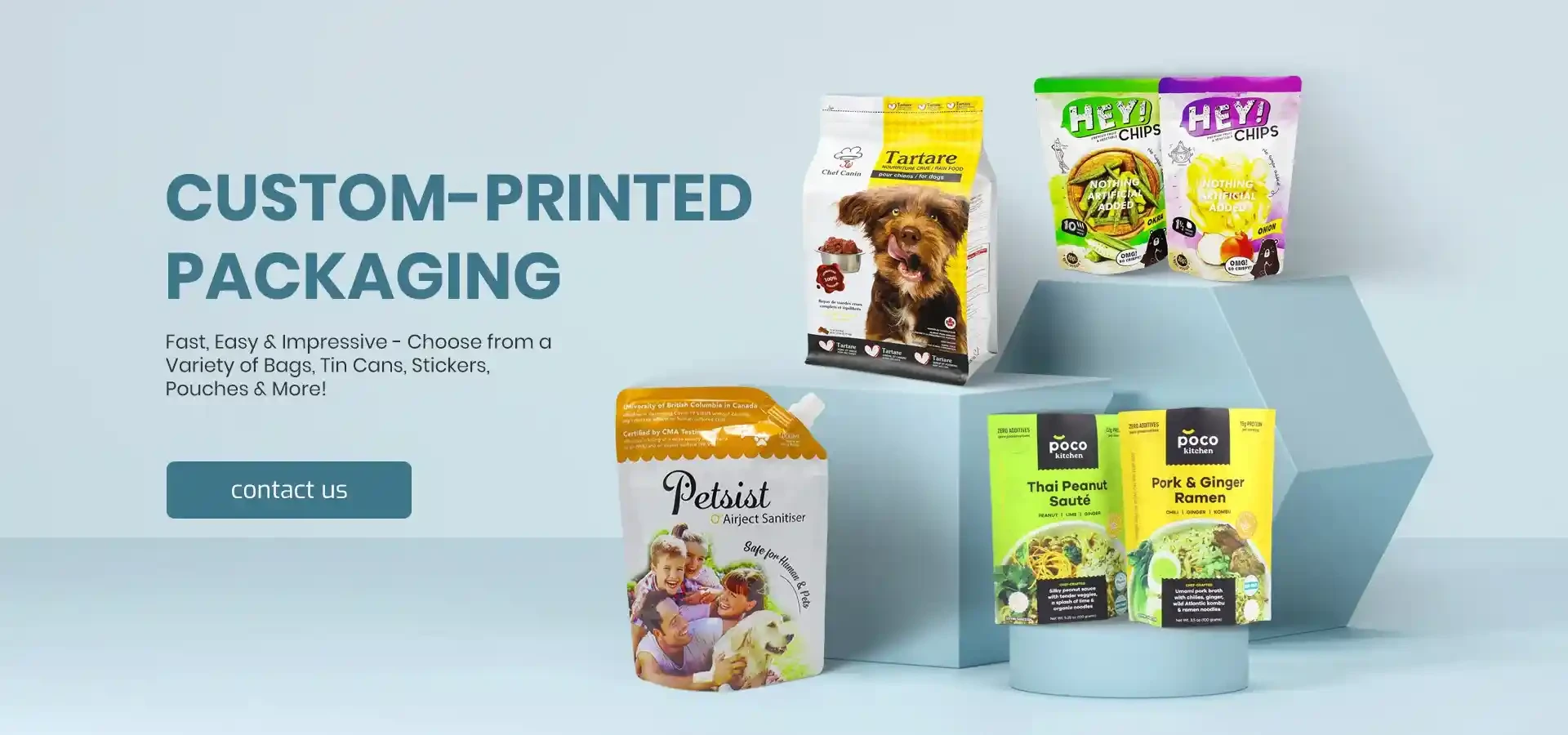- Afrikaans
- Albanian
- Amharic
- Arabic
- Armenian
- Azerbaijani
- Basque
- Belarusian
- Bengali
- Bosnian
- Bulgarian
- Catalan
- Cebuano
- chinese_simplified
- chinese_traditional
- Corsican
- Croatian
- Czech
- Danish
- Dutch
- English
- Esperanto
- Estonian
- Finnish
- French
- Frisian
- Galician
- Georgian
- German
- Greek
- Gujarati
- haitian_creole
- hausa
- hawaiian
- Hebrew
- Hindi
- Miao
- Hungarian
- Icelandic
- igbo
- Indonesian
- irish
- Italian
- Japanese
- Javanese
- Kannada
- kazakh
- Khmer
- Rwandese
- Korean
- Kurdish
- Kyrgyz
- Lao
- Latin
- Latvian
- Lithuanian
- Luxembourgish
- Macedonian
- Malgashi
- Malay
- Malayalam
- Maltese
- Maori
- Marathi
- Mongolian
- Myanmar
- Nepali
- Norwegian
- Norwegian
- Occitan
- Pashto
- Persian
- Polish
- Portuguese
- Punjabi
- Romanian
- Russian
- Samoan
- scottish-gaelic
- Serbian
- Sesotho
- Shona
- Sindhi
- Sinhala
- Slovak
- Slovenian
- Somali
- Spanish
- Sundanese
- Swahili
- Swedish
- Tagalog
- Tajik
- Tamil
- Tatar
- Telugu
- Thai
- Turkish
- Turkmen
- Ukrainian
- Urdu
- Uighur
- Uzbek
- Vietnamese
- Welsh
- Bantu
- Yiddish
- Yoruba
- Zulu
foam boxes
Foam Boxes The Unsung Heroes of Packaging
In today's fast-paced world, efficient and safe packaging solutions are more essential than ever. Among the various materials used for packaging, foam boxes have emerged as an indispensable asset in numerous industries, ranging from food service to electronics. Their unique properties make them ideal for protecting products during transport, ensuring that they arrive at their destinations in pristine condition.
Foam boxes are primarily made from expanded polystyrene (EPS) or polyurethane foam. These materials offer excellent insulation properties, making foam boxes particularly advantageous for temperature-sensitive items. For instance, in the food industry, foam boxes are widely used to transport perishable items such as meats, seafood, and dairy products. The insulating properties of foam not only keep the contents fresh but also maintain the desired temperature throughout the delivery process. This quality is crucial in reducing food spoilage, thereby minimizing waste and maximizing customer satisfaction.
Additionally, foam boxes are lightweight yet strong, providing a perfect balance between protection and convenience
. The lightweight nature of foam packaging helps companies reduce shipping costs, as carriers often charge based on the weight of the package. This is especially beneficial for businesses that deal with high volumes of shipments, such as e-commerce companies or food distributors. Moreover, the structural integrity of foam boxes ensures that products are well-protected from physical damage during transit, reducing the risk of returns and customer complaints.foam boxes

One of the remarkable features of foam boxes is their versatility. They can be manufactured in various shapes and sizes to accommodate different products. Customization options allow businesses to create foam packaging that perfectly fits their goods, which not only enhances protection but also improves presentation. For high-end products, such as electronics and luxury items, a well-fitted foam box can significantly elevate the unboxing experience, contributing to a positive brand image.
Furthermore, the sustainability of foam packaging is an increasingly important topic in today's eco-conscious society. Many companies are taking steps to use recyclable and compostable foam materials to minimize their environmental footprint. Innovations in foam recycling processes are making it easier for businesses to implement eco-friendly practices. Some manufacturers have started using recycled foam materials to produce new boxes, thereby contributing to a circular economy.
However, the popularity of foam boxes has also raised concerns regarding their environmental impact. Traditional polystyrene foam is not biodegradable, and improper disposal can lead to significant waste issues. As a result, many governments are considering regulatory measures to reduce the use of foam packaging. In response, the packaging industry is actively seeking alternative materials that retain the protective qualities of foam but are more environmentally friendly.
In conclusion, foam boxes play a vital role in modern packaging solutions across various industries. Their ability to provide excellent insulation, lightweight protection, and customizable options makes them an ideal choice for businesses looking to deliver their products safely and efficiently. As the packaging industry evolves, it is crucial to balance the benefits of foam packaging with environmental considerations. Continued innovation and a commitment to sustainability will help ensure that foam boxes remain a vital component of packaging for years to come. Ultimately, whether you're a small business owner packing handmade goods or a large corporation shipping thousands of products daily, foam boxes stand as unsung heroes, safeguarding the quality and freshness of what matters most.













